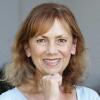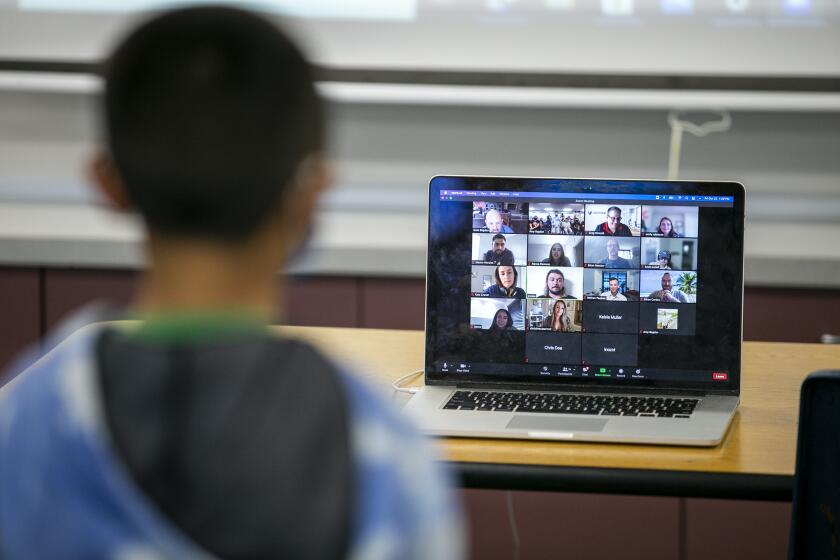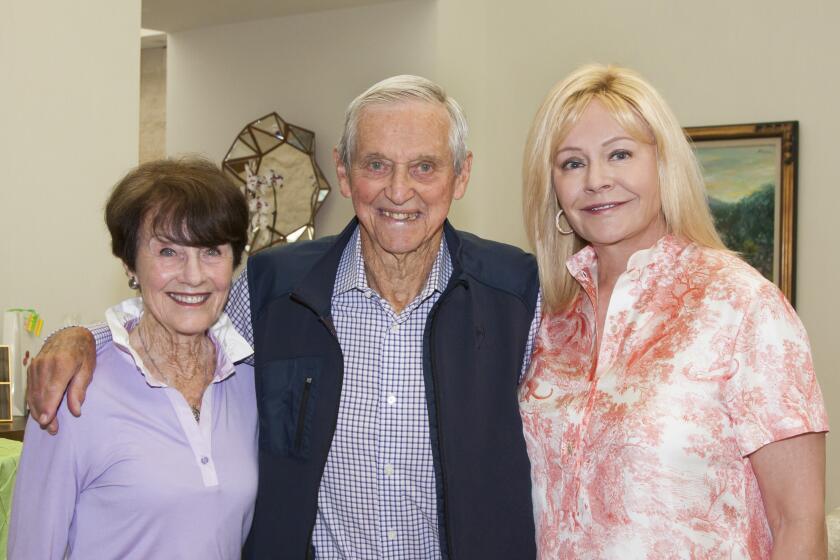Column: Political polarization puts the importance of the 1st Amendment in relief
The 1st Amendment reads: “Congress shall make no law respecting an establishment of religion, or prohibiting the free exercise thereof; or abridging the freedom of speech, or of the press; or the right of the people peaceably to assemble, and to petition the Government for a redress of grievances.”
We forget, sometimes, how grateful we should be for those words. This is perhaps one of those times, as our highly polarized political climate has called into question how deeply committed we are to the open expression of differing points of view and the importance of an independent press.
There is a reason these most-basic of human rights have been clearly enumerated and enshrined in the Constitution since 1791. Even in our nation’s earliest days, the framers understood the need to check those who would use their authority to try to silence dissent, muzzle critics and stifle the free flow of information.
For the past few years, my work on the forthcoming book, “A Boy Named Courage: A Surgeon’s Memoir of Apartheid,” has made me more keenly aware of just how precious is our right to free speech and how crucial it is that we protect this right from our own worst impulses.
The book chronicles the story of my friend and coauthor, Dr. Himmet Dajee, a Newport Beach resident who struggled against the scourge of institutional racism in his native South Africa, to achieve his dream of becoming a cardiac surgeon and American citizen.
If anyone understands what it’s like to live without the freedoms that we hold so dear, it is someone who experienced life under apartheid.
“In South Africa, growing up, we were told you can’t talk to this person or that person because they might be a spy,” Himmet told me. “You could be in a crowd and be afraid to talk.”
The only nonwhite student in his class at the University of Cape Town, Himmet was plagued by anxiety that he might inadvertently say something that would jeopardize his academic standing or land him in trouble with authorities.
“At university, no matter how friendly the other students were, every word you said had be very calculated to make sure you didn’t slip into a political arena,” he recalled. “There was always the fear that you would be reported to the authorities, called up, questioned, put under house arrest, or put in jail for expressing anti-apartheid or anti-government viewpoints.”
Living like that “puts a lot of stress on you.”
The press in apartheid South Africa was also subject to government censorship.
Book, magazine and newspaper publishers operated under constant threat of government ban. They weren’t allowed to quote banned organizations, report on conditions inside prisons or expose information on security forces. Reports on demonstrations and other anti-apartheid activities were also restricted.
Only government-controlled radio stations were allowed to broadcast, and television was outlawed for many years under apartheid. Journalists were censored or subject to outright bans, and foreign reporters were routinely denied visas.
In spite of this suppression, books, magazines and newspapers became a lifeline for Himmet and his family. They consumed every foreign publication they could get their hands on, such as Life magazine; subscribed to the Indian Opinion, a publication founded by Mohandas Gandhi; listened to BBC radio broadcasts and became adept at reading between the lines in domestic reports.
“A lot of papers toed the line so they wouldn’t be banned,” Himmet explained.
Because of this, rumors were rampant; often news of political arrests and nefarious government activities came by way of hushed whispers in dark corners.
The fear of being caught was ever present. That fear led Himmet and his brothers to burn about 200 books they had hidden away in an attic crawl space. All the books had been banned by the government for their political themes and being found with them could have led to dire consequences.
Even individual people could be banned. This was akin to a house arrest without walls, a way to silence protestors by prohibiting them from being quoted in the press or attending meetings. Himmet knew people who had endured such a fate, and it was crushing.
After he left South Africa, Himmet attended medical school in Ireland and continued his medical and surgical training in Canada.
But the United States always beckoned. Despite its complicated and frequently compromised history, America stood as the beacon of freedom that he so desperately sought.
Himmet tells me that when he first arrived in the U.S. in the 1980s, he feasted upon the many publications that were abundantly available, attended lectures and films, avidly watched television newscasts and engaged in vibrant discussions and debates over politics and history — all the activities that he’d been restricted from in South Africa.
It was like an overflowing banquet of information to rival the copious servings of food on American plates.
After all this time, he has never lost his sense of gratitude for the ability to speak his mind without fear.
It’s critical that we recognize, now and always, that we must not take for granted this liberty, this foundation upon which all other freedoms stand.
As George Washington said, “If freedom of speech is taken away, then dumb and silent we may be led, like sheep to the slaughter.”
This is a truth that my friend Himmet knows all too well.
Patrice Apodaca is a former Newport-Mesa public school parent and former Los Angeles Times staff writer. She lives in Newport Beach.
All the latest on Orange County from Orange County.
Get our free TimesOC newsletter.
You may occasionally receive promotional content from the Daily Pilot.




